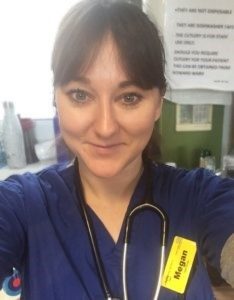On 24th November 2008, the anniversary of her first liver transplant, Lucia was added to the active transplant waiting list again. In January 2009, tired, uncomfortable, and skin yellowed by jaundice, Lucia watched the television coverage, excited and inspired by a presidential inauguration on the other side of the Atlantic. One where skin colour of a very different kind was a headline focus.
Barack Obama was sworn into office as the USA’s first African American President. Amid all the other hopes that day carried was the hope that this election choice would hasten a day where skin colour would become less of an excuse for negativity and prejudice.
There was an African American poet in the ceremony then, a poet with a question. “…What if the mightiest word is love? Love beyond marital, filial, national, love that casts a widening pool of light…?” (‘Praise song for the day.’)
On the same spot, twelve years later, the 22-year-old African American poet, Amanda Gorman, impressed millions. “…there is always light if only we’re brave enough to see it, if only we’re brave enough to be it.” (‘The hill we climb.’)
We looked for her videos afterwards, more poetry from the same pen. We knew Lucia would have found strength in her words, her courage. A young woman with a powerful voice making a difference, turning her own struggle and that of countless others into resources to inspire, to awaken, to rekindle hope.
Obama’s inauguration ceremony over, as British TV prepared to tell more of the story of this man who was now president, the phone rang in our house. Within an hour and a half all four of our family were on a small plane from Belfast to Birmingham with the hope of a second lifesaving liver transplant for Lucia.
A liver transplant in the USA can cost hundreds of thousands of dollars. It’s not something many of us need to think about in the UK. After the country celebrated the end of the second World War, the majority here made a choice for a new government, determined not to return to the way things had been before. The National Health Service was born, with a commitment to make healthcare free at the point of need.
Again and again, we had reason upon reason to be grateful for the care, skill, medication, even flights, family accommodation, and so much more. And grateful that, when it mattered most, we never needed to consider how much it would cost. That is done by others elsewhere. Given to us in our need, available for us all through the NHS whoever we are. Able to contribute or not. As it should be. A gift, like the hope that phone call brought. Someone who may only ever be for us a young man whose family, somewhere in an ITU conversation with a Specialist Nurse for Organ Donation, generously, graciously, gave permission for organ donation. The gift of that young man’s liver immediately saved the lives of two people, one of whom was Lucia, and hope was given the fresh rush it needed.
It did, of course, for us put that other celebration of hope in the USA into the shade for a time. Nor would any of it have been a priority for the family of our donor.
But there was hope over there. Poets gave voice to hope that was deeper and longer lasting than any presidency, any political moment.
Like the dream that outlived its preacher, celebrated yesterday on Martin Luther King’s Day, that still rings clear against all odds. Dreams like these outlive their carriers and look for others to give them voice.
Years after that 2nd transplant, Lucia was one of two Pramerica ‘Spirit of Community’ All Ireland Youth Volunteers of the Year, alongside another young woman, Emily Duffy. Lucia chosen for her campaigning for organ donation awareness, and Emily the creator of an innovative sleeping bag for homeless people and refugees.
They were both invited to the equivalent award ceremony in the USA. During the visit Lucia was excited to stand on the spot where Martin Luther King had shared his dream. She chuckled at the thought that the actual highlight of the trip for our transplant swimming medal winner was meeting another swimmer who had also won a few medals, the Olympian Michael Phelps, and her chance to tell him about the Transplant Games and leave him with a Live Loudly Donate Proudly card.
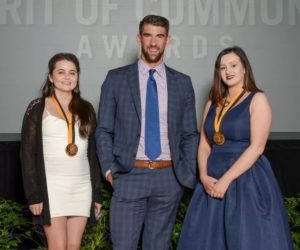 Lucia, Michael Phelps and Emily
Lucia, Michael Phelps and Emily
A few months later, Lucia was invited to speak at a Methodist residential conference. The theme was “I have a dream…” She was asked about hers.
“…initially I just thought, well, my dream is for everybody to be an organ donor. So, that is still one of my dreams.
But then I thought about it a bit more and what an organ donor really is, to me, is somebody who has turned quite a negative, sad, situation into something that’s so positive and has benefited so many lives afterwards, and I think my dream, I would say, is to turn negative situations, or what’s construed as a negative situation, and to find the positive in it, so to be in that dark room and to find the little flame of a candle and let that guide you.
Through everything that I’ve been through there are people that will say how do you stay so positive; how do you keep going? I think there are obviously people that are naturally positive, but mostly it’s a choice, it’s a choice to be thinking forward and not looking backward, and it’s a choice for me every day to try and find the positive things in little situations that will help me just to make the most of my time here. We never know what’s going to happen to us, and I think by just trying to find little glimpses of hope, or positivity in anything that you come across in life, would be my dream, my message, to try and find the little flame in what might be a very dark room.”
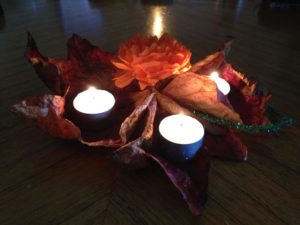

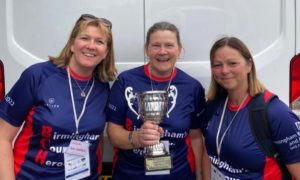 Sara (centre), with Lindsay (left) and Jemma (right)
Sara (centre), with Lindsay (left) and Jemma (right) 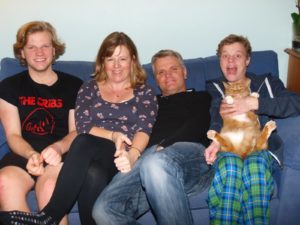 The Biggsies
The Biggsies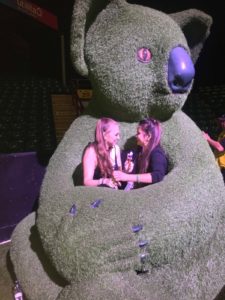 Charlotte (left) with Lucia
Charlotte (left) with Lucia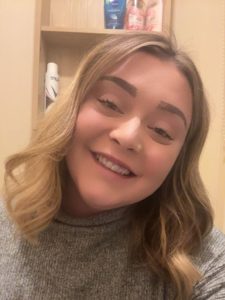
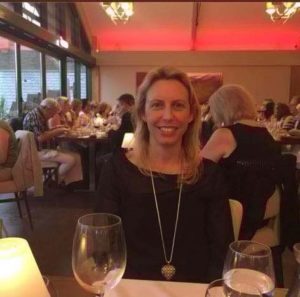 Jane
Jane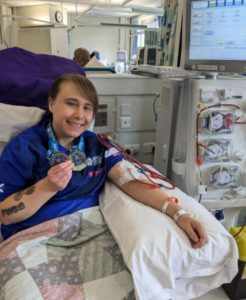 Zoe, “keeping it renal” with medals and tubes…
Zoe, “keeping it renal” with medals and tubes…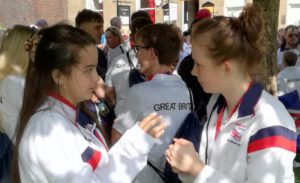 Alicia (rht), with Live Loudly Donate Proudly founder and friend, Lucia (left)
Alicia (rht), with Live Loudly Donate Proudly founder and friend, Lucia (left) 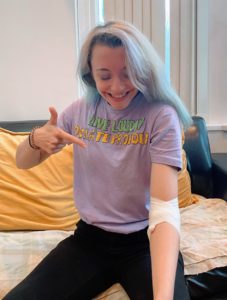 Lucy’s first time as a brave blood donor
Lucy’s first time as a brave blood donor
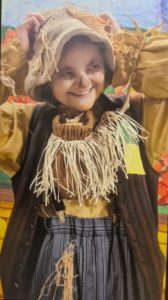 Connie – star performance as the Scarecrow
Connie – star performance as the Scarecrow